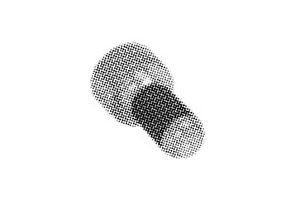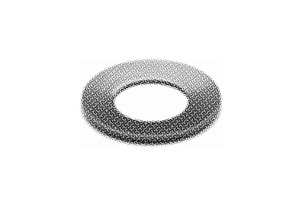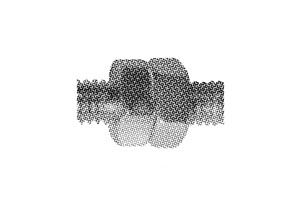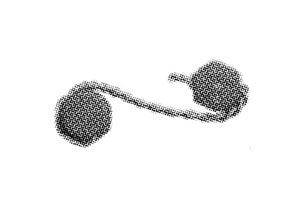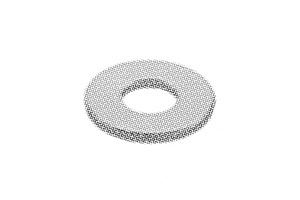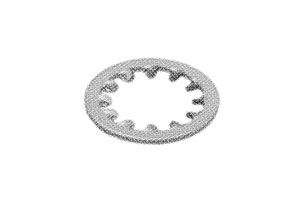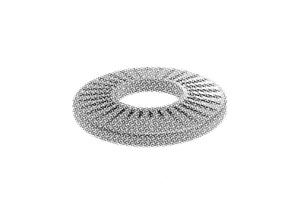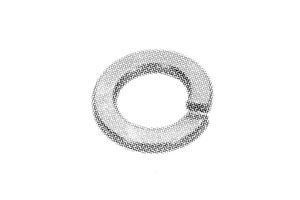





Thermal cycling applies to: Equipment running at high or low temperatures. Heat exchangers, food production lines, glass and steel manufacturing, gas turbines, vehicle engine components and exhaust systems, liquified natural gas plants, structures operating in hostile environments.
To change the temperature of something. Thermal cycling will cause metal components to expand and contract, typically resulting in changes to the loads that a bolted joint experiences.
May be caused by the normal operation of plant and equipment or changes in ambient temperature in harsh local environments. Mixing materials with different thermal expansion coefficients within a bolted connection will make the problem worse.
